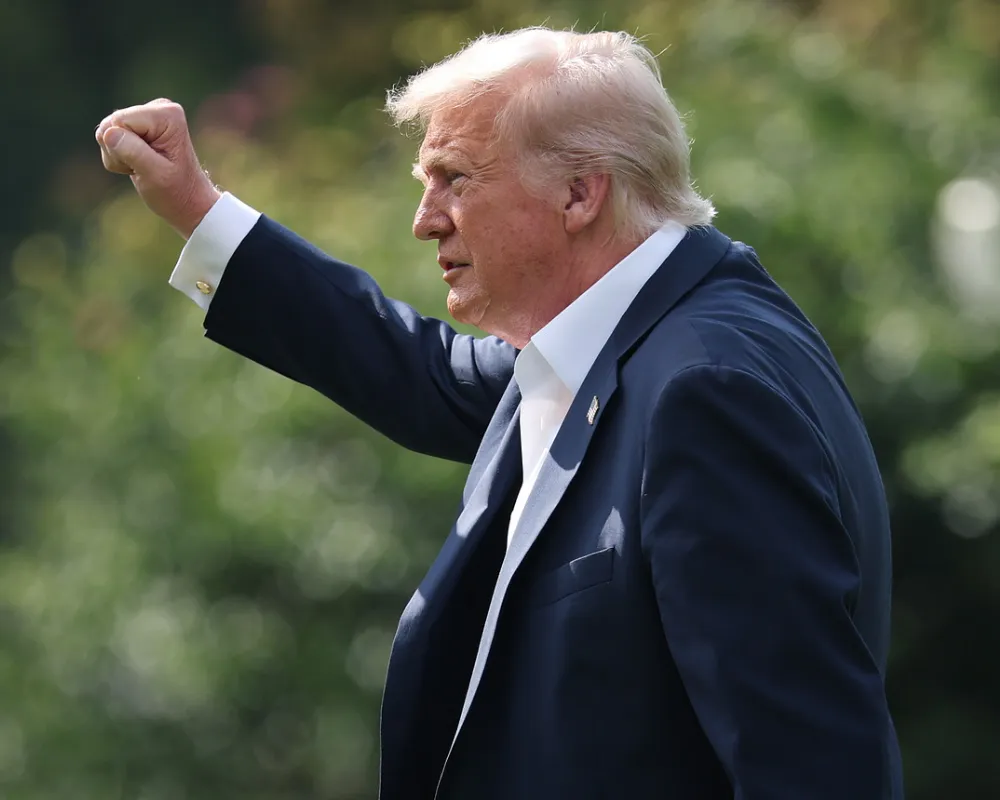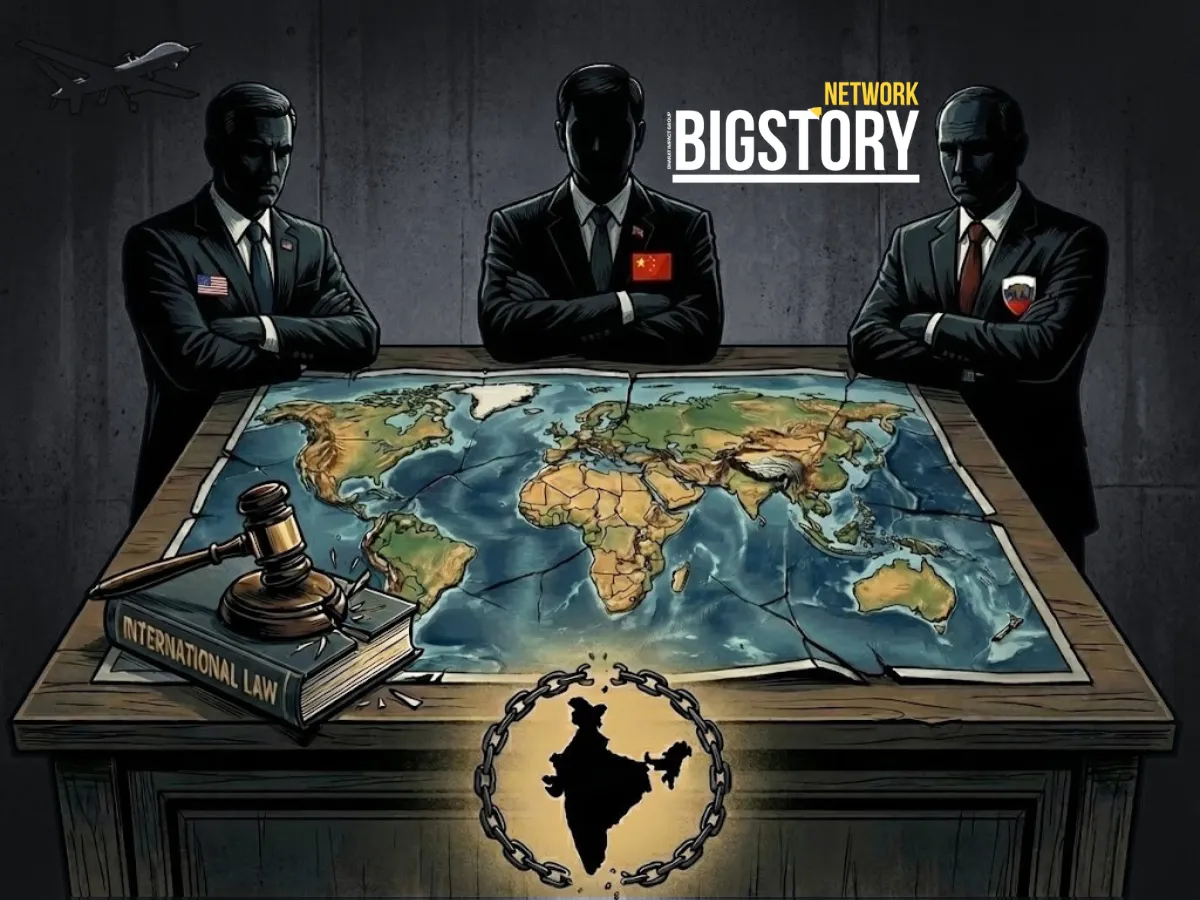President Trump threatens new tariffs on Brazil, explicitly citing the "witch hunt" trial of Jair Bolsonaro, sparking a major political and economic dispute.
 Sseema Giill
Sseema Giill

WASHINGTON D.C. — President Donald Trump has issued a stark new tariff threat against Brazil, explicitly linking the economic punitive measures to the ongoing "witch hunt" criminal trial of his political ally, former Brazilian President Jair Bolsonaro. This latest escalation in Trump's "reciprocal trade" policy risks igniting a full-blown trade war and has drawn sharp condemnation from Brasília, which views the move as blatant interference in its sovereign judicial affairs.
In a series of public statements and a direct letter to Brazilian President Luiz Inácio Lula da Silva, President Trump made it clear that the proposed new tariffs, expected to be substantial, are a direct consequence of the legal proceedings against Bolsonaro. Bolsonaro faces charges related to an alleged coup attempt and other politically sensitive issues in Brazil. "The witch hunt against President Bolsonaro is a disgrace," Trump asserted, adding that such "persecution" of a "patriot" would not go unpunished by the United States. This marks a significant departure from traditional trade disputes, embedding U.S. economic policy deeply into another nation's domestic politics.
Beyond the Bolsonaro trial, Trump also reportedly cited Brazil's recent legislative actions and Supreme Court rulings concerning social media companies. He accused Brazil of "unlawful censorship" and "attacks on digital freedom," claiming these actions disproportionately affect American tech companies operating in the South American nation. These combined grievances form the basis for what could be a crippling new wave of import duties on Brazilian goods.
The Brazilian government under President Lula da Silva has reacted with immediate and strong indignation. President Lula, speaking from Brasília, condemned Trump's threats as an "unacceptable violation of Brazil's sovereignty." He emphasized that "our judicial system is independent, and its processes are not subject to the whims or political preferences of any foreign power." Lula also reiterated Brazil's historical trade surplus with the United States, challenging the notion that the U.S. is suffering from unfair trade practices with Brazil.
Economically, new tariffs, especially those targeting key Brazilian exports, could have significant repercussions. Brazil is a major global producer of agricultural commodities like beef, soybeans, coffee, and orange juice, as well as industrial raw materials like iron ore and steel. Disrupting this trade relationship could lead to higher prices for American consumers and supply chain volatility for U.S. industries. For Brazil, sectors heavily reliant on the U.S. market would face severe economic pressure, potentially leading to job losses and reduced export revenues.
This latest threat follows a pattern of Trump's trade policy where tariffs are deployed as a broad-spectrum tool, not just for economic rebalancing, but also for geopolitical leverage and in defense of perceived political allies. It mirrors previous instances where Trump has used tariffs to pressure countries on issues ranging from immigration to security alliances.
The situation places Brazil in a precarious position. While President Lula has vowed to respond, likely through retaliatory tariffs on U.S. goods, the larger geopolitical implications are significant. It could push Brazil to further strengthen its economic ties with other major partners, particularly within the BRICS bloc, and potentially reshape global trade alignments. As the deadline for the new tariffs looms, the international community watches closely to see if diplomacy can de-escalate this politically charged economic showdown.






Sign up for the Daily newsletter to get your biggest stories, handpicked for you each day.
 Trending Now! in last 24hrs
Trending Now! in last 24hrs